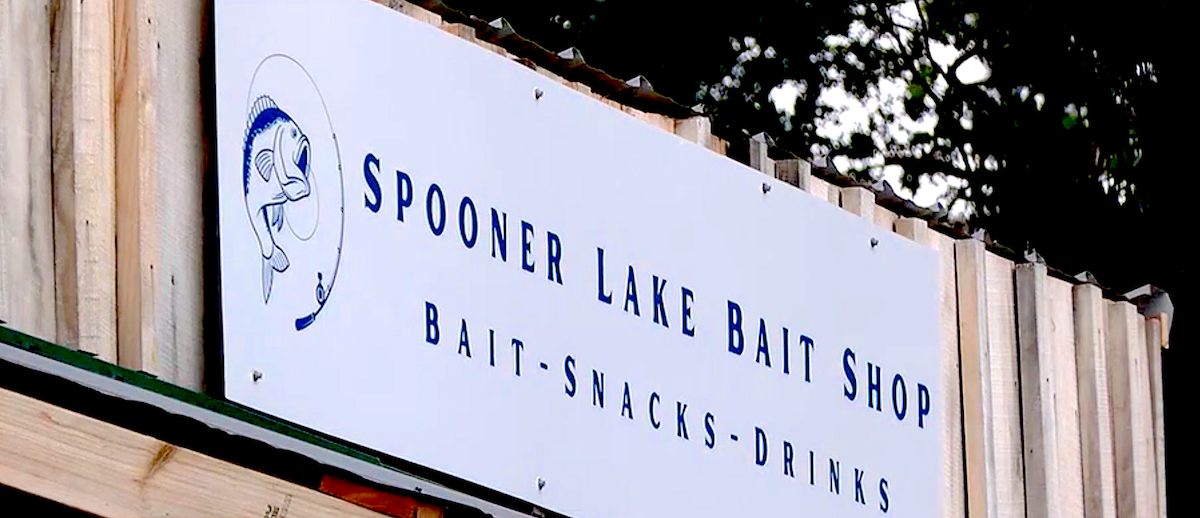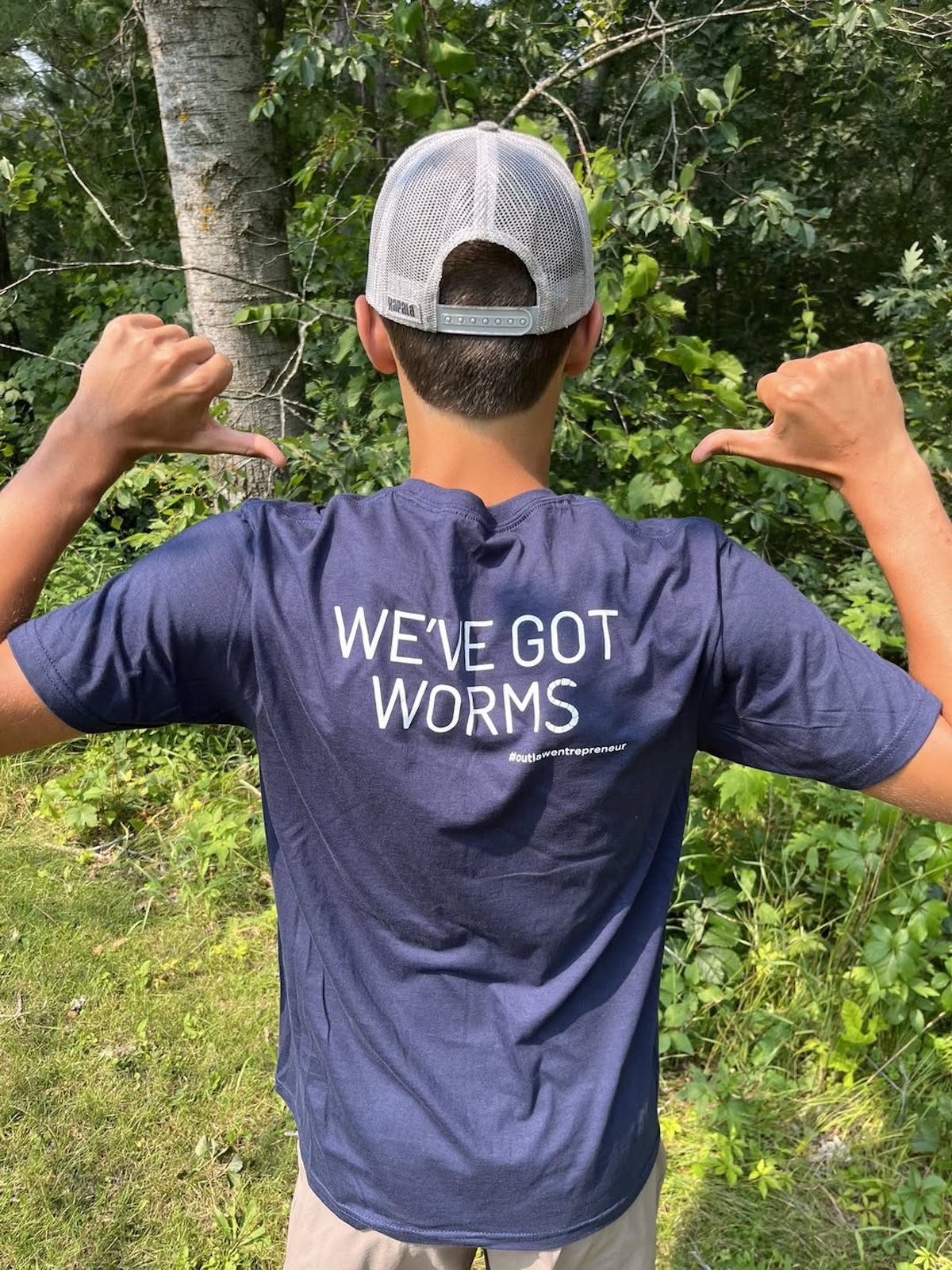
Keith Lusher 08.06.25

What started as a 15-year-old’s entrepreneurial dream became a cautionary tale about government overreach before finding redemption through Wisconsin’s Lemonade Stand Law.
Max McKinney spent months preparing for his summer venture. The Spooner, Wisconsin, teenager raised worms in his parents’ garage throughout the winter and built a 6-by-15-foot shed with his cousin at the end of his grandfather’s farm driveway. The Spooner Lake Bait Shop was set to be his fourth summer job, joining his work as a canoe rental crew member, Little League umpire, and babysitter.
“I want to be a doctor in the future, and I’m willing to work hard and save money any way I can,” McKinney said. He chose the same spot where his grandfather, Tom Foss, had sold crops and vegetables for decades on their 80-acre farm.
The bait stand opened to success during fishing season, stocked with worms McKinney had raised, along with snacks, drinks, fishing supplies, and branded t-shirts. Customers stopped by regularly, encouraging the young entrepreneur’s efforts.
But two weeks into operation, everything changed. Washburn County officials photographed the stand and issued a cease-and-desist letter, threatening daily fines for zoning violations. The agricultural zoning allowed roadside stands only for fruits, vegetables, or agricultural products. A bait shop, officials determined, didn’t qualify.
“I’m angry and sad at the same time,” McKinney said after receiving the shutdown order. “I thought I was working hard and doing the right thing. Instead, they say I broke their regulations.”
His grandfather was equally frustrated. “Who threatens a 15-year-old over selling ice cream, worms and t-shirts on a farm?” Foss asked. “The answer is bullies and bureaucrats. This story is about as un-American as it gets.”
When Foss requested a site visit from county officials, they refused, telling him their decision was final. The forced closure sparked community outrage and highlighted what many saw as excessive government regulation stifling youthful entrepreneurship.

For two months, McKinney’s bait shop sat shuttered. But rather than lash out, he chose patience, letting the legal process unfold. That approach proved wise when his family discovered Wisconsin’s 2019 Lemonade Stand Law.
The state law allows minors to sell goods other than potentially hazardous food on private property with the owner’s permission, specifically preventing local municipalities from requiring permits or licenses for such operations. The law permits up to $2,000 in sales and trumps local zoning ordinances.
Faced with this state statute, Washburn County officials reversed course. The Zoning Committee voted not to pursue enforcement action and announced plans to review how the Lemonade Stand Law impacts county ordinances.

“Washburn County appreciates the thoughtful cooperation shown by the family and the Zoning Committee in working toward a resolution and supporting the entrepreneurial efforts of one of our county’s young residents,” said County Board Chair Tim Kessler.
McKinney reopened his bait shop this summer, though he must close once he reaches $2,000 in sales. He’s already planning upgrades, including new branded merchandise, viewing the profits as a head start on college expenses.
“Probably the biggest lesson I learned was to hold your tongue and not lash back at the county because I kind of knew we would get it back eventually,” McKinney reflected.
The Spooner Lake Bait Shop operates weekends near the Spooner Lake landing, serving as both a business venture and a testament to perseverance against bureaucratic obstacles.
Trending Products












